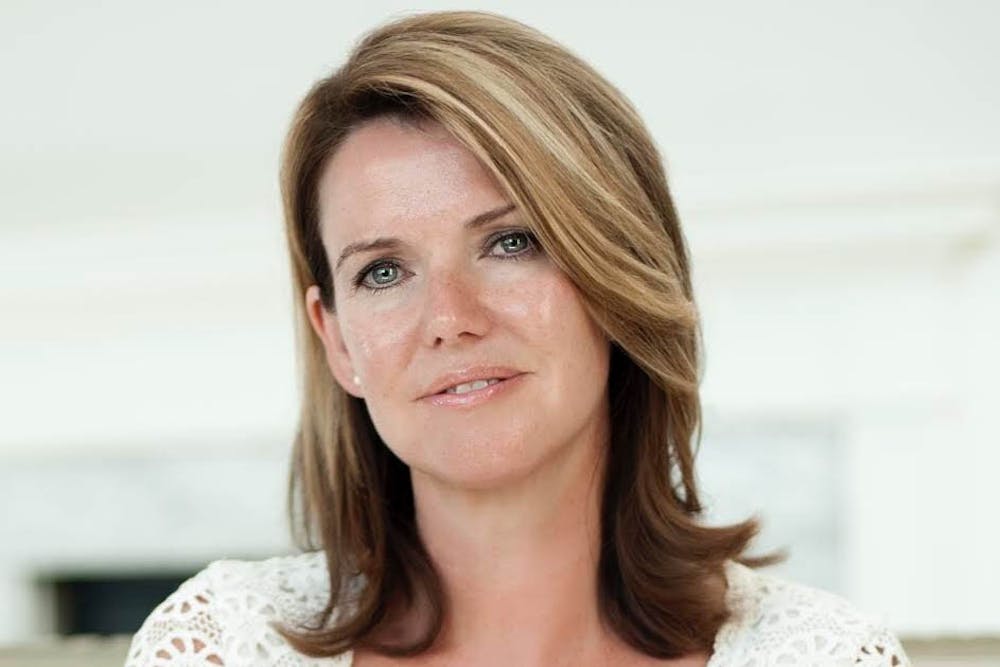For anyone who's grown up getting lost in great works of literature, it may come as no surprise that recent research touts the process as therapeutic.
And for some ASU literature fans and author Lady Paula Byrne, a good book can make all the difference in the world.
Byrne is the founder and lead practitioner of ReLit, a charity partnered with the University of Oxford and dedicated to the practice and research of bibliotherapy. Bibliotherapy refers to the practice of using storytelling and reading literature in the recovery process.
Bibliotherapy, which has its roots in ancient Greece, has been used for generations to treat various ailments such as anxiety and depression. According to a recent study published on the US National Library of Medicine website, bibliotherapy has proven beneficial in treating adolescent depression and anxiety to an extent.
The origins of her foundation and its focus on bibliotherapy came from deeply personal experiences, Bryne said, beginning initially with her daughter's unexpected illness and continuing with her own thoughtful interaction with a doctor who took the time to get to know her.
Her doctor prescribed her poetry instead of pills, she said, and sparked the idea that if more medical professionals could promote treatment in a creative way, then benefits could be manifold.
At a time when the healthcare system may be too impersonal, a humanities-centric focus in healthcare opens up the field to “preserving the person in personalized medicine," said Elizabeth Langland, director of ASU's Institute for Humanities Research, which is dedicated to integrating the humanities into STEM fields to tackle contemporary issues in a nuanced and unique way.
“It just fascinated me to start thinking in a much deeper way about the ways in which our current health system is failing patients,” Langland said. “Especially the way in which the person is getting lost in personalized and precision medicine.”
The institute's Health Humanities Initiative at the Institute for Humanities Research will be hosting a discussion with Byrne later in February on the topic of bibliotherapy and poetry in healthcare environments.
Sally Ball, a poet and associate professor of English at ASU, said there is value of humanities-inclusive education even in fields like medicine where it may not seem most relevant.
“Humanities is how we relate to each other," Ball said. "It's how we measure value in the world and know the difference between things that matter and things that don't.”
Ball said readers can take literature and relate it to their own experience, and perhaps make the characters' experiences their own.
“If it's a poem about a difficult experience, then that information is processed in a way that does release us from the grip those experiences have on us when we haven't thought them through and really understood them," Ball said.
Literature and poetry, Byrne said, can alleviate some of the burden associated with articulating how you feel by allowing you to identify and relate.
“What Lady Paula Byrne does is remind us that we also need to have empathy for ourselves,” Ball said. “One way that we can do that is by being immersed in an art form that takes us seriously by talking to us intimately.”
The Health Humanities Initiative will be hosting "Bibliotherapy: Poetry in Health Care Environments, with Lady Paula Byrne" on Feb. 12 in Ross-Blakely Hall.
Reach the reporter at snalcan1@asu.edu or follow @SarahAlcantar on Twitter.
Like The State Press on Facebook and follow @statepress on Twitter.




